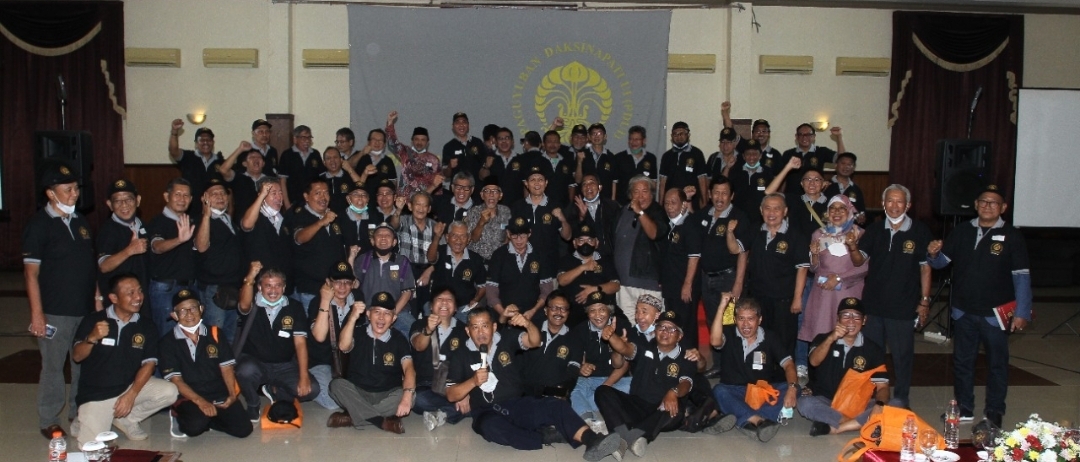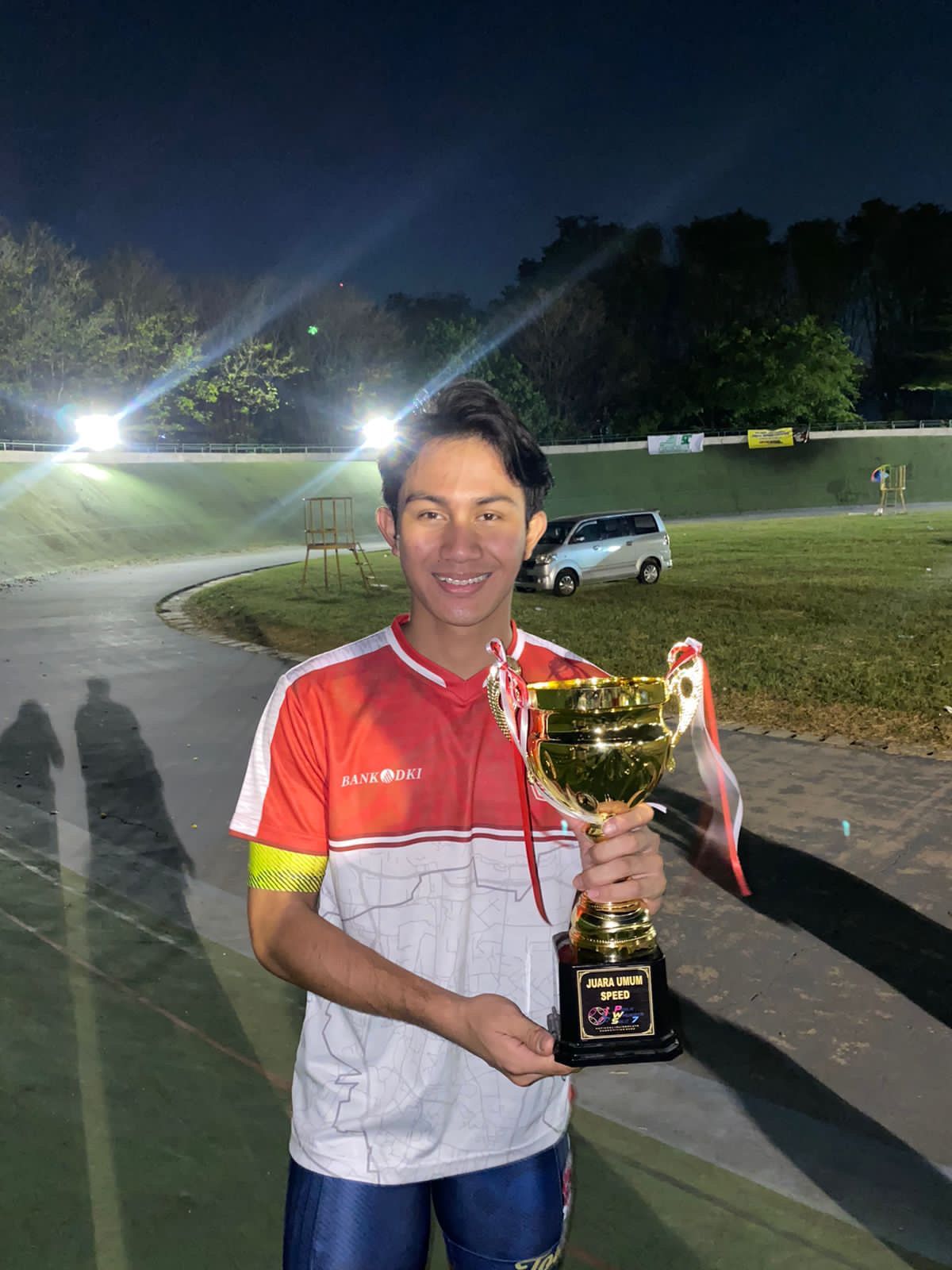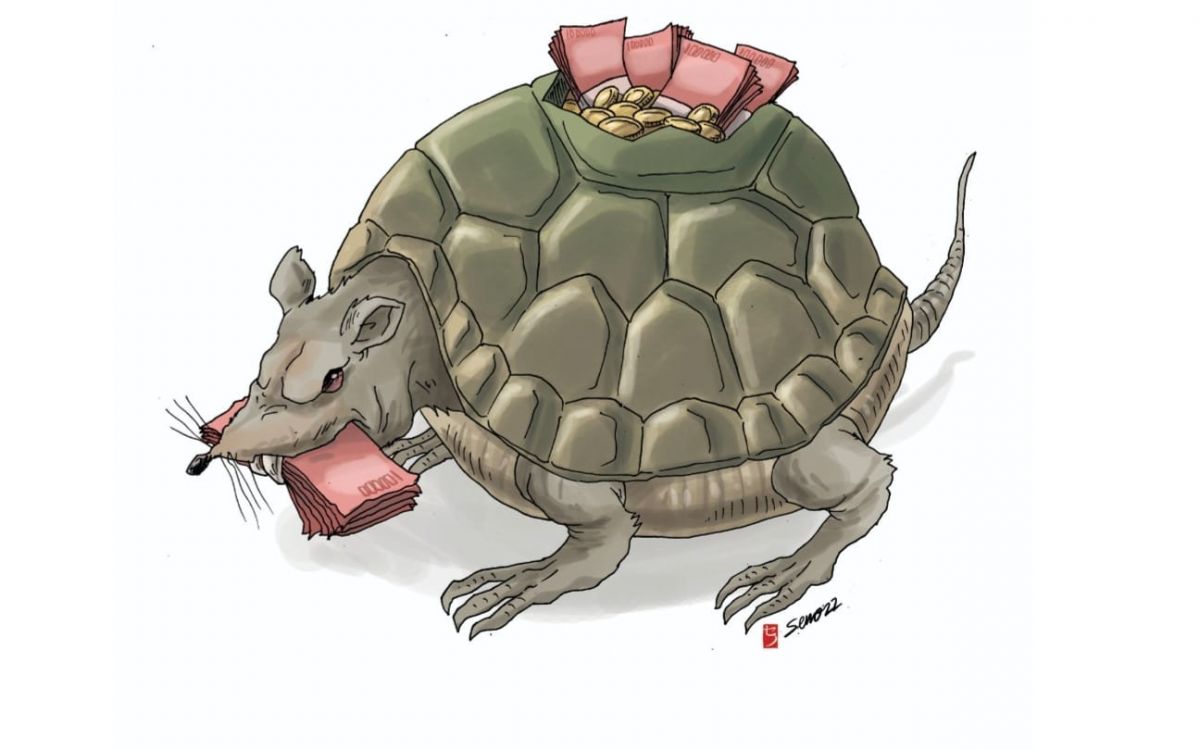![]()
Drs. Francis S Sodo, Regional Secretary (Sekda) of West Manggarai Regency, said that stunting is a quite big social problem in East Nusa Tenggara, including in West Manggarai, which is around 15.1% of the number of children under five year olds. “We are targeting the stunting rate to drop to 10% next year,” he said. He was very happy when the community service team (pengmas) from Universitas Indonesia (UI), visited West Manggarai and shared knowledge with local residents regarding stunting issue. He was very happy when the community service team (pengmas) from Universitas Indonesia (UI), visited West Manggarai and shared knowledge with local residents regarding stunting issue. The UI community service team aimed to deliver how to select and process cooking ingredients as an effort to prevent stunting. This activity was carried out by collaborating with PT Penjamin Infrastruktur Indonesia (PT PII) in a program called “Bergizi dari Bumi Kami” at the Regent’s Office, West Manggarai Regency, East Nusa Tenggara, on Tuesday, October 26 2021. “I hope this collaboration will become strong and sustainable to create a healthy Indonesia and produce the best generation for the future,” said Francis.
There were two series of activities carried out by the community service team, which are: Focus Group Discussion (FGD) about Food Consumption Patterns of Society (03/09/2021) which was held online by involving key stakeholders from the government, public health centers, and stunting working groups of NTT, and Workshop program about Cooking Nutritious Food (26/10/2021), which was attended by 25 representatives of integrated healthcare center cadres and parents of stunting toddlers.. They come from 4 villages/sub-districts, namely Gorontalo Village, Waekelambu Sub-District, Labuan Bajo Sub-District, and Batu Cermin Village.
![]()
All participants were expected to become ambassadors or agents of change for the surrounding community. The workshop was held in a hybrid mode, namely offline and online through the zoom application and was opened by Francis S. Sodo, President Director of PT Penjaminan Infrastruktur Indonesia (Persero) Muhammad Wahid Sutopo, and Director of the Directorate of Community Service and Empowerment (DPPM) UI Agung Waluyo, S. Kp., M.Sc., Ph.D. This program was a community service partnership with PT PII and involved 6 (six) lecturers from multidisciplinary sciences, namely the Public Relations Study Program, Vocational Education Program, and the Department of Nutrition, Faculty of Medicine, Universitas Indonesia. It aimed to increase the knowledge of the target community regarding nutritious food ingredients that can be easily obtained in East Nusa Tenggara as well as good processing methods so that the nutritional content in food is maintained.
Agung Waluyo said, apart from preventing stunting from increasing, the Bergizi dari Bumi Kami program was also to form a nutrition ambassador for Labuan Bajo by involving the local community and bringing welfare to the local community. “We are grateful that the community service collaboration between PT PII and UI CSR is already in the implementation stage. We hope that participants can become proactive ambassadors and cadres to prevent stunting from increasing more. This collaboration is a form of UI and PT PII’s commitment to support the efforts of the West Manggarai Regency government to reduce stunting rates,” he said.
![]()
According to Muhammad Wahid Sutopo, the program being implemented is a form of concern for the community around the infrastructure project. “Our hope is that through PT PII’s CSR program with UI, we can make a significant contribution to supporting the Government’s program to reduce stunting rates as a form of measures to improve the health and quality of human resources in Labuan Bajo and East Nusa Tenggara in general. We are sure that with adequate nutrition, cadres of the young generation will emerge in Labuan Bajo who are creative and good achievers so that through tourism they can become a prosperous society,” said Sutopo. Pijar Suciati S.Sos., M.Sc., Head of the Service Team, who is also a lecturer in the Public Relations Study Program, said that stunting is a condition of failure of physical and brain growth due to long-term malnutrition.
This results in stunted children being shorter than normal children of their age and having delays in cognition. “The causes of stunting are low access to nutritious food, lack of intake of vitamins and minerals, and minimal consumption of animal protein sources in the long term,” said Pijar. Thus, the education provided was a workshop on cooking nutritious food for parents of stunted children. The cooking workshop also conveyed nutritional values and tips on how to cook according to Clean & Healthy Behavior (PHBS) standards, such as the process of washing hands and ingredients before cooking. The team provided educational materials in the form of videos for 6 (six) nutritious recipes and educational calendars, so that they could be repeated and studied after the program was over.
Pijar further explained that there were 6 (six) nutrient-dense menus which became educational material, namely Steamed Tofu Moringa Leaves, Tuna Fish Balls, Sauteed Anchovy Moringa Leaves, Jakeca Porridge (Corn, Moringa, Cakalang), Young Coconut Jelly Palm sugar which are presented in the form of videos and also educational calendars. “The selection of these types of food was based on the FGD that was held last September regarding society’s food consumption patterns,” said Pijar. The educational material contains recipes, nutritional content and good cooking methods. It also includes recipes that are easy but dense in nutrition, including balanced protein, carbohydrates and fiber to make up the daily menu. “With good knowledge, the community can optimize existing food sources so that the children can grow according to the stages of development they should be,” said Pijar.



